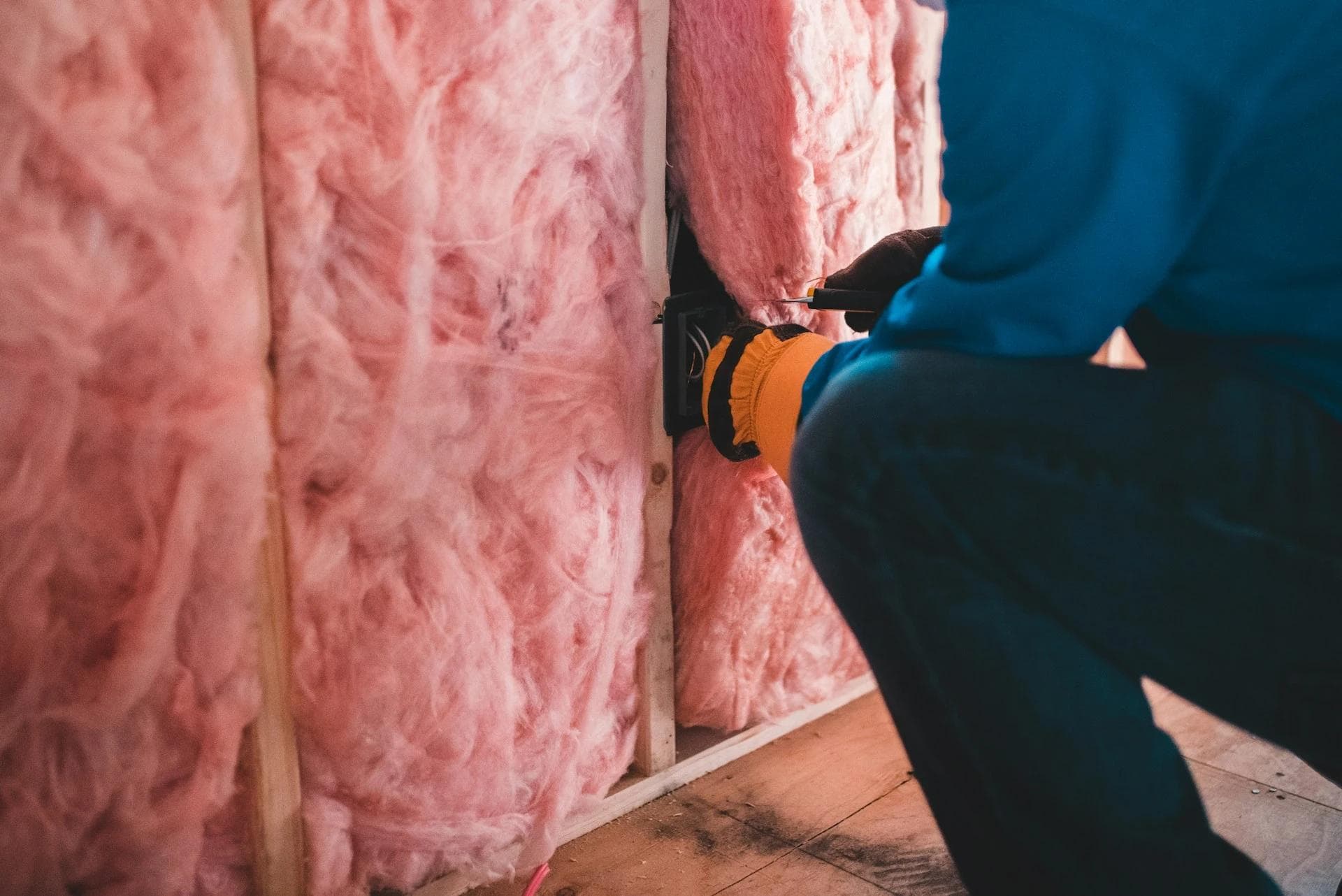
How Does Roof Insulation Improve Your Home's Efficiency?
Your roof's insulation plays a big role in regulation of temperature and energy consumption. Roof and attic insulation is a key but often overlooked factor in home comfort and cost savings. Learning how roof insulation improves home efficiency will help you to save money and maintain a comfortable home.
What Is Roof Insulation?
Roof insulation, typically fiberglass or spray foam, is installed in your attic or roof to help reduce heat transfer, thus maintaining the temperature of your home. In the winter it keeps your home warm, and in the summer it keeps your home cool.
There are 3 common types of insulation:
1. Fiberglass batts: Affordable, common option for attics
2. Spray foam: High-performing and efficient, great at sealing gaps
3. Rigid foam: Used in flat roofs or retrofits
How Roof Insulation Improves Efficiency
Reduces Energy Bills:
In the winter months, insulation keeps in heat, which reduces heating costs. The opposite takes place in the summer, where heat is blocked out, lowering your cooling costs.
Prevents Moisture Issues:
Insulation reduces condensation, which protects your home from mold and moisture rot and saves repair costs.
Extends Roof Lifespan:
Your roof's lifespan is extended because a normalized temperature helps to reduce heat stress. This allows materials like sheet metal to last a very long time.
Improves Comfort:
A consistent indoor temperature ensures your home stays comfortable year round.
Common Issues with Roof Insulation
Signs of Problems:
You may be overlooking signs of common issues with roof insulation. Keep an eye out for the following:
- High energy bills
- Uneven home temperatures
- Ice dams in winter or mold in the attic
Causes:
- Insufficient insulation (low R-value)
- Poor installation
- Aging materials
- Moisture damage
Issues with roof insulation can wreak havoc on your home, which is why it's important to keep track of anything that seems out of place.
Conclusion
Roof insulation is vital for home comfort, energy efficiency, and durability. It cuts energy costs, prevents moisture damage, and extends roof lifespan. Issues like poor installation or aging materials can lead to high bills and discomfort, but regular inspections and timely fixes ensure lasting benefits. Invest in quality insulation to maintain a cozy, cost-effective home.
FAQ
1. What is roof insulation?
Roof insulation (e.g., fiberglass, spray foam) in the attic reduces heat transfer to maintain home temperatures.
2. How does roof insulation improve efficiency?
It lowers energy bills, prevents mold, extends roof life, and ensures consistent indoor comfort.
3. How do I know if my insulation is inadequate?
Look for high energy bills, uneven temperatures, or ice dams/mold in the attic.
4. Can I add insulation myself?
You can add batts or seal gaps with safety gear, but complex upgrades need a roofing contractor.
5. When should I hire a professional for insulation?
Call a roofing contractor for mold, ice dams, or major upgrades to ensure proper installation.
Customer Reviews
With over 1000 home projects completed to date, we know how to treat our customers. This is what they’re saying about us.

